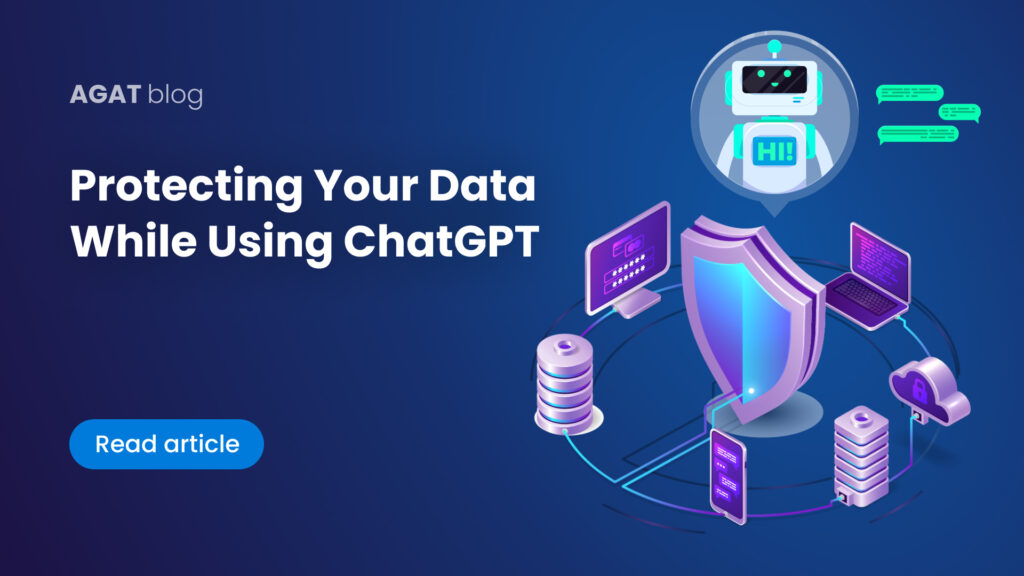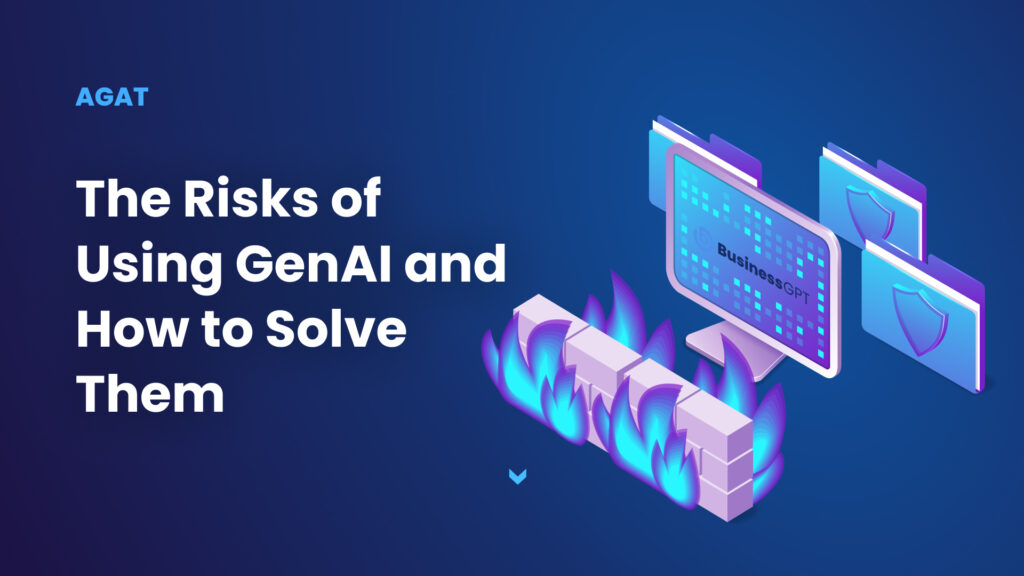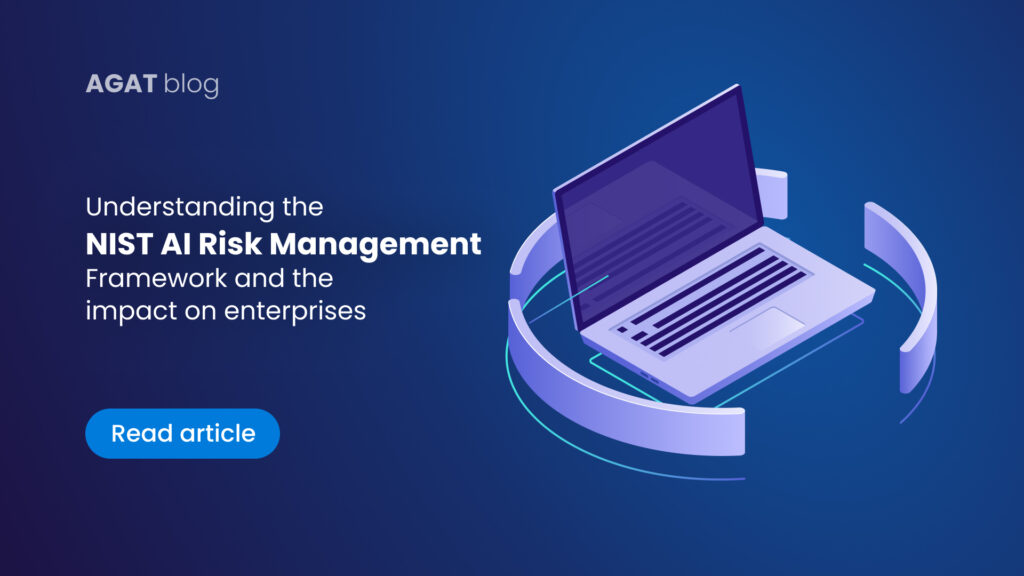
AI, the once-futuristic marvel, is now deeply embedded in our world. But its brilliance raises several concerns around security. Artificial intelligence (AI) integration has revolutionized industries, empowering businesses with unprecedented capabilities. However, this advancement doesn't come without its challenges. Major corporations, including industry leader Amazon, JP Morgan, and Deutsche Bank are increasingly turning their attention to the critical issue of AI security. The surge in concerns stems from the inherent risks associated with AI systems, prompting a relentless search for secure alternatives among these companies.
Why Companies are Concerned about AI Security?
The adoption of AI brings a multitude of benefits, from streamlined operations to enhanced customer experiences. Yet, the very nature of AI—its ability to learn, adapt, and make autonomous decisions—also poses substantial risks.
One primary concern revolves around data privacy and breaches. AI systems rely heavily on vast datasets, raising apprehensions about the security and confidentiality of sensitive information.
Moreover, the potential for algorithmic biases amplifies worries about fairness and ethical use. These biases can perpetuate discrimination or make erroneous decisions, impacting user experiences and tarnishing a company's reputation. Add to this the looming threat of AI-driven cyber attacks, and it's clear why corporations are vigilant about fortifying their AI security measures.
Main Security Risks of Public AI Solutions:
Data Privacy and Breaches:
- Reliance on vast datasets raises concerns about securing sensitive information.
- Potential for unauthorized access and data leaks.
- Security vulnerabilities in training data and model development processes.
Algorithmic Bias:
- Biases can lead to discrimination, unfair treatment, and inaccurate outcomes.
- Reputational damage and ethical concerns.
AI-Driven Cyber Attacks:
- Malicious actors can exploit vulnerabilities to manipulate algorithms and steal data.
- Disruption of critical systems and manipulation of AI decision-making.
Lack of Transparency and Interpretability:
- Difficulty in understanding how AI decisions are made.
- Potential for hidden biases and errors that are difficult to detect.
Securing AI at the Root: On-Premises and Private Cloud Solution
Major corporations like Amazon are acutely aware of the escalating risks in AI security. To address these concerns, they're moving beyond generic security measures and seeking purpose-built solutions tailored for on-premises and private cloud deployments. This shift in focus recognizes these environments' unique challenges and potential to achieve secure and trusted AI.
Protecting the Data Core:
The cornerstone of on-prem/private cloud AI security lies in absolute data control. This starts with robust, in-house encryption and access controls prioritizing data visibility and granular user permissions. Regular security audits and vulnerability assessments become even more crucial in closed-loop environments, ensuring constant vigilance against potential threats.
Closing thoughts
In the relentless pursuit of innovation, AI has become an indispensable tool for companies across various sectors. However, with the immense potential of AI comes the responsibility to address its inherent security risks. Major corporations are at the forefront of this battle, intensifying their search for secure AI solutions.
BusinessGPT presents a secure alternative to Public AI by leveraging ChatGPT-like capabilities tailored to your data security needs. Our solution can be deployed on-premises or in a private cloud environment, guaranteeing the privacy of your data from public AI platforms.


















